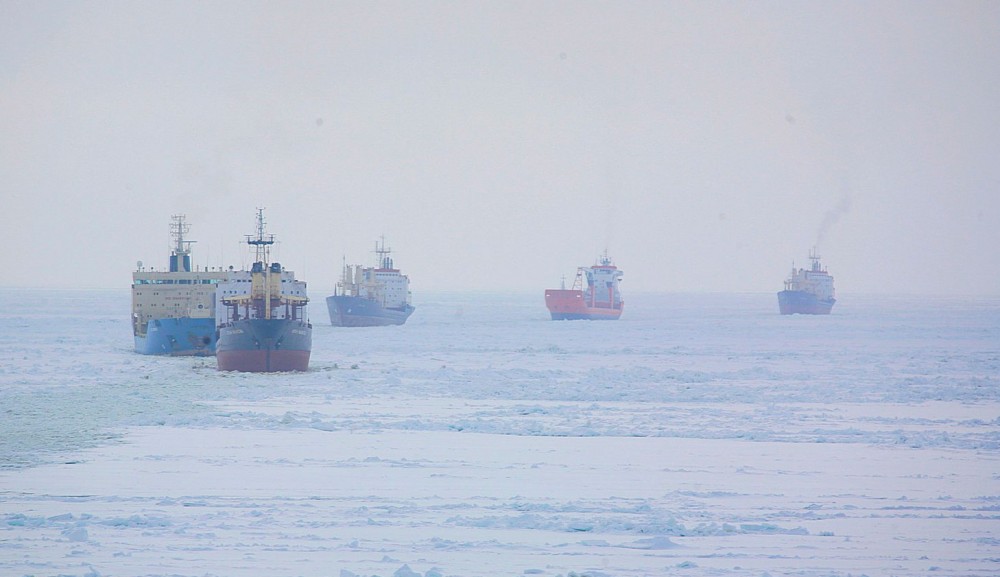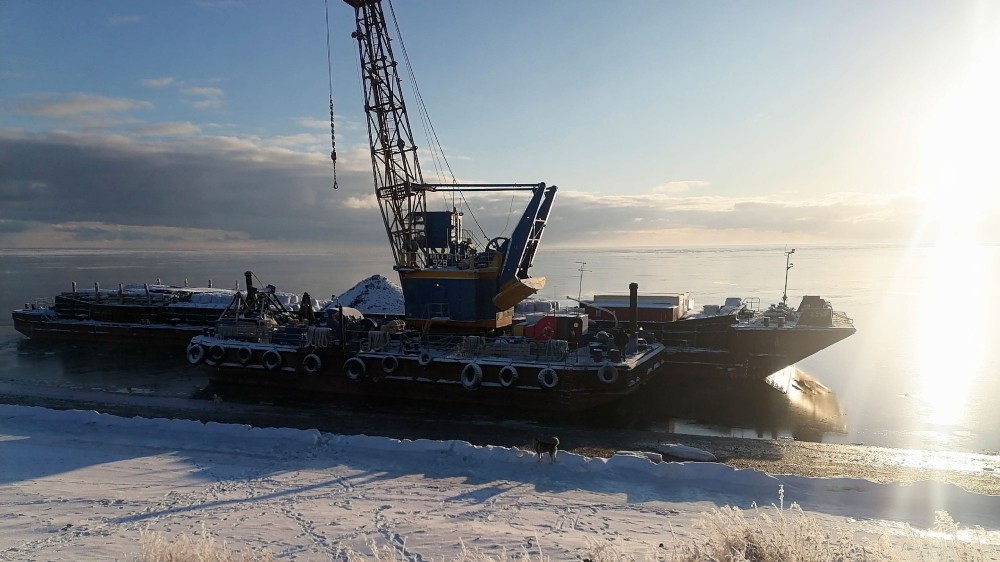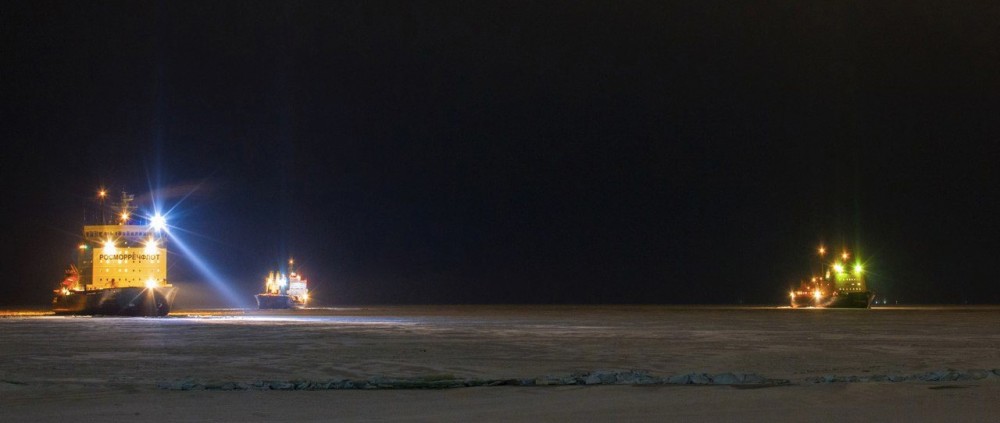Three months after Moscow adopted law on goods deliveries to northern territories, a crisis looms in isolated Arctic settlements
"Our region is on the verge of an emergency situation," a woman from the far northern Nenets Autonomous Okrug warns as winter supplies have failed to reach local villages.

Locals from remote Arctic villages fear they will be left without fuel, foodstuff and medicine ahead of the long Arctic winter.
“People are sitting in their villages without [heating] fuel. There is no coal for the boilers, in Oma [village] the ship with fuel has gotten stuck in the ice and in Amderma they worry about the foodstuff that has been stranded in Ust-Kara,” woman from Naryan-Mar complains on the social media page of regional Governor Yuri Bezdudny.
According to the woman, the regional governor appears more interested in developing big and ‘unrealistic projects’ with Chinese partners than caring for the local population.
“The delivery of goods to the northern territories, which is your responsibility, is in disarray,” she underlines to the governor.
The seriousness of the situation was confirmed on the 31st of October when the regional Prosecutor General announced that an investigation will be launched on the goods supply situation.
The regional government of the Nenets Autonomous Okrug has rebuffed the criticism and assured that supplies are on the way. At the same time, Governor Bezdudny has tried to distance himself from the problems and on the 1st of November announced that “the people guilty of the troubles will be punished.”
Later that same day, Deputy Governor Aleksandr Dudurov confirmed that helicopters will be commissioned to deliver the goods. Only few hours later, a copter arrived in the village of Vyucheysky with 3 tons of coal.
According to locals, it is the first time ever that helicopters have been used for goods deliveries to the village. Normally, the about 150 villagers of Vyucheysky are supplied winter supplies by ships sailing on the Indiga River.
For the first time, a helicopter was commissioned to provide coal to the remote village of Vyucheysky.
A difficult supply situation is experienced also by locals on the island of Kolguyev, where a barge loaded with fuel oil, coal and firewood this week got in serious trouble during a stormy shipment across the Pechora Sea. The small tugboat that towed the barge got technical problems and the towing rope ruptured.
Troubles with goods supplies are likely to be prevalent also in other parts of the Russian Arctic. In early November it became clear that cargo ship Tersky Bereg had failed to reach the town of Tiksi because of sea-ice in the Laptev Sea. After several attempts, the ice-class ship was on the 3rd of November forced to leave the area, Russian media reported. It is not clear exactly what kind of cargo the ship was carrying.
Ship captains have gotten increasingly fearful about sailing on the Northern Sea Route in late fall following the crisis of 2021, when more than 20 ships got stuck in sea-ice following a sudden freeze of the waters.
The delivery of winter supplies to the Russian northern territories – the so-called severny zavoz, is a returning problem for Russian authorities.
Russia has about 1,800 remote Arctic settlements that depend on the special deliveries of winter supplies, and two thirds of them have no road connection to the surrounding world. In many cases, logistical operations must be carried out by sea in the course of a few summer weeks.
This year, the federal government decided to take over responsibility for the logistics. A federal law signed by Vladimir Putin in early August outlines a major overhaul of the supply system.
The new legislation that comes into effect in April 2024 includes the appointment of an operator company that will have exclusive responsibilities for the goods supplies. The operator will be appointed by the federal government and serve on a 15-year contract.
According to Russian Minister of the Far East and Arctic Aleksei Chekunkov the new law will help cut delivery times to the Arctic villages by up to 25 percent and overall goods costs by 20 percent.
Time is the essence, Vladimir Putin underlined in a recent meeting about this year’s severny zavoz.
“Please, I once again request you to attentively analyse everything in order to make sure that it is fixed in due time. The main thing is the time schedule,” he told Minister Chekunkov.
The minister responded with assurances.
“The [severny] zavoz is proceeding according to schedule,” Chekunkov underlined and explained that 75 percent of all coal, firewood, foodstuff and medicine has been delivered, and 88 percent of all heating oil, gas and diesel.
A total of 3,7 million tons of goods, including 2,5 million tons of coal and firewood, are delivered as part of the operations,” the minister elaborated. About 80 percent of the goods are delivered to settlements in eastern parts of the country’s Arctic.
The assurances of the minister notwithstanding, this year’s severny zavoz clearly did not go all smoothly. At least in the Nenets region.
Many locals are fed up by the promises by the authorities.
“We simply do not believe you and your assurances. You have discredited yourself with lies in August and September that the severny zavoz was ahead of schedule. You are liers,” a local man writes on the VK page of Governor Bezdudny.
Located in Kirkenes, Norway, just a few kilometres from the borders to Russia and Finland, the Barents Observer is dedicated to cross-border journalism in Scandinavia, Russia and the wider Arctic.
As a non-profit stock company that is fully owned by its reporters, its editorial decisions are free of regional, national or private-sector influence. It has been a partner to ABJ and its predecessors since 2016.
You can read the original here.


